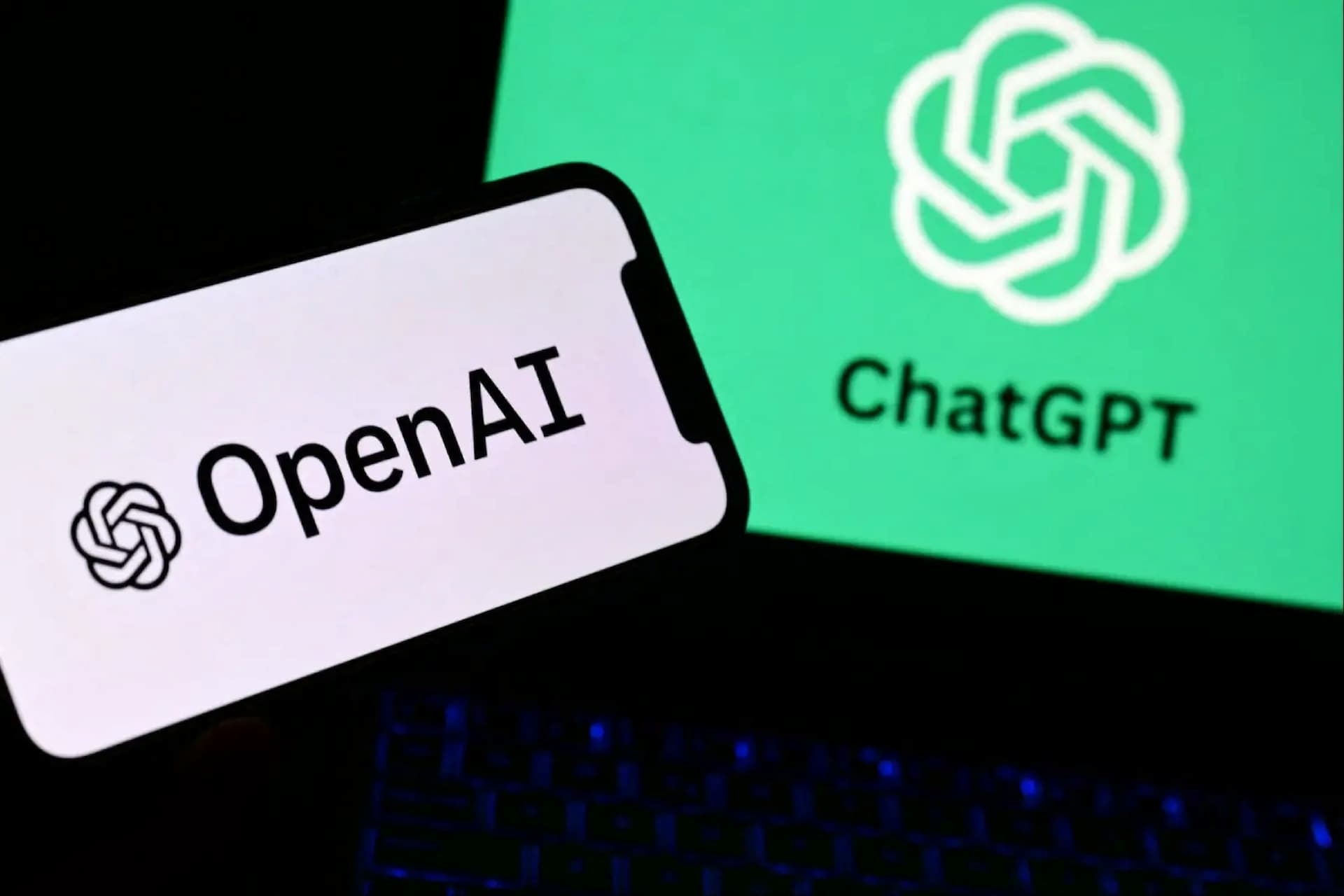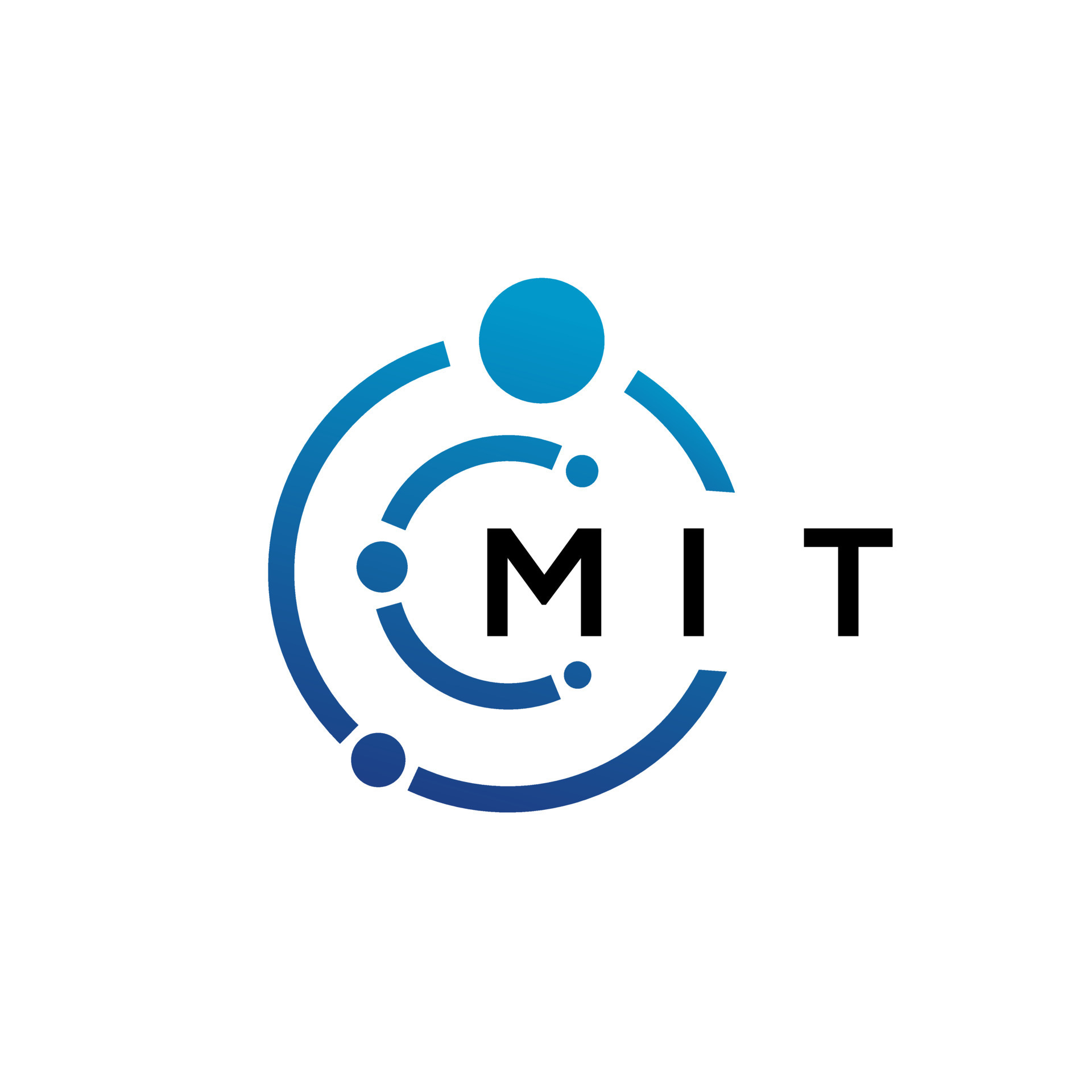A new era in data technology is emerging as Starcloud, a member of NVIDIA’s Inception startup program, prepares to send its first AI-driven satellite into orbit next month.
The mission marks the debut of NVIDIA’s H100 GPU in space and represents a decisive step toward the creation of large-scale orbital data centres designed to meet the planet’s soaring demand for AI.
By operating data centres in space, Starcloud aims to cut energy costs by tenfold and significantly reduce carbon emissions. The vacuum of space will serve as a natural cooling system, while constant exposure to solar energy will eliminate the need for batteries or backup power.
According to CEO Philip Johnston, the only environmental cost will come from the launch itself, resulting in substantial carbon savings over the data centre’s lifetime.
Starcloud’s technology could transform how Earth observation data is processed. Instead of transmitting raw information back to the ground, satellites will analyse it in real time, improving responses to wildfires, weather changes, and agricultural needs.
The company plans to run Google’s open AI model Gemma on its satellite and eventually integrate NVIDIA’s next-generation Blackwell GPUs, boosting computing power even further.
Johnston predicts that within a decade, most new data centres will be built in orbit. If achieved, Starcloud’s innovation could mark the beginning of a sustainable digital revolution powered by the stars instead of the grid.
Would you like to learn more about AI, tech and digital diplomacy? If so, ask our Diplo chatbot!










